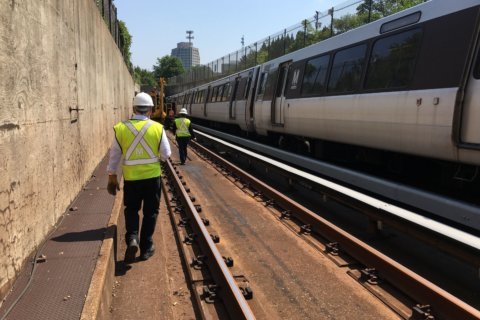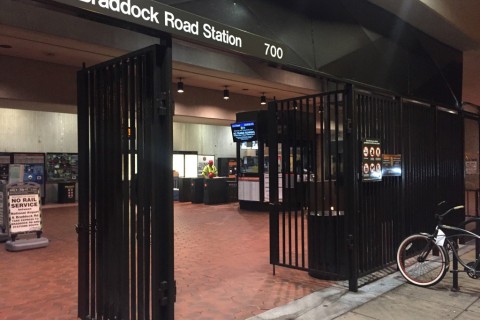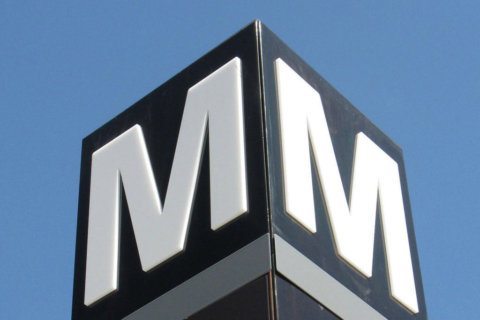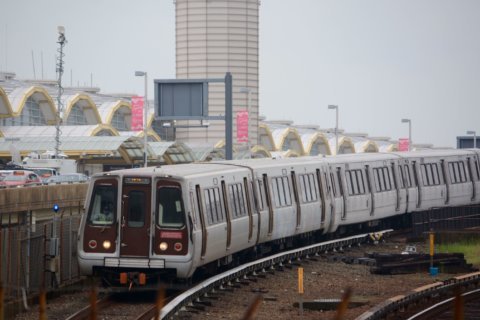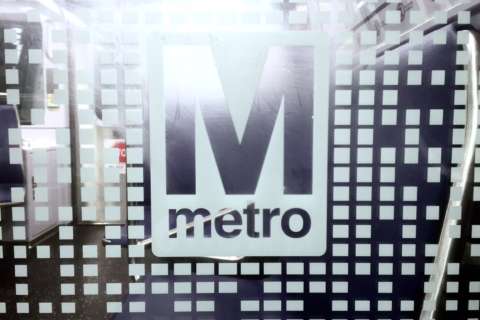
Metro wasted millions on a new program for workers to clock in and clock out that ended up not paying or inaccurately paying many transit employees, an inspector general’s report finds.
“Kronos did not work,” Metro Inspector General Geoff Cherrington told a Metro Board committee Thursday about the program.
Metro has already spent about $18.3 million on the timekeeping project, despite an initial early budget of $13 million. The agency now expects to spend another $17.7 million to fix the system, for a total of $37.7 million if it is able to re-launch as planned in fall 2020.
The agency began to roll out the system in February 2018, but had to end that deployment five months later after some workers were either not paid or inaccurately paid, and the system was found to not include all of the rules governing worker pay.
“This included inaccurately paying $700,000 to some employees, while other employees were not paid. After Kronos was suspended, WMATA spent $1.6 million to fix and validate payroll errors,” the report said.
Metro failed to completely consider in 2016 whether the Kronos program was the best option for the agency’s needs, failed to compile complete details of timekeeping rules across the agency, and later failed to properly test the system before an attempted rollout.
“WMATA decided to go live, even though parallel testing was not completed and results showed there was a high defect rate,” the report said.
Only 17 of 43 workers who were supposed to test the system actually got the chance to complete that testing.
The payment problems were one of the issues raised by Amalgamated Transit Union Local 689 leaders after threatening a strike last summer.
Soon after workers made that demand to address the “flawed” system in July 2018, Metro switched back to its previous system that had been in place since 2008.
The new system is meant to address problems raised by the Federal Transit Administration in a 2014 oversight report tied to how Metro handled cash, grants and payroll. Kronos was supposed to help ensure rules and policies for timekeeping were followed and provide more accurate documentation of work.
“The implementation of Kronos is a significant change in business practices and operations that WMATA undertook by moving away from a predominately “schedule based” time and attendance approval process to a “punch based” process,” the new Office of Inspector General’s report said.
Metro failed to follow proper processes at each stage of the procurement and implementation, the report issued this month found.
“For example, WMATA did not include CBA requirements for timekeeping practices, such as: calculating breaks; paying overtime; and calculating holiday pay,” the report said.
Metro has already spent about $18.4 million on the initial deployment since the first sole-source contract was issued in March 2016.
“Planned redeployment of Kronos in October 2020 is expected to cost an additional $17.7 million,” the report said.
Initially, Metro had hoped to make the changeover to the new system in just one year, not the more than four years expected now. The report called that initial hope “unrealistic.”
Metro managers expect to have a full plan finalized in the next few weeks with the steps needed to reintroduce the system in October 2020. The plan will include better testing and training, as well as guidance for managers.
Management agreed with five recommendations from the audit. Metro promised to add additional time in the plans to be sure any previously “informal” work requirements are reflected in the payment system and to ensure all key people have time to properly test the system.


